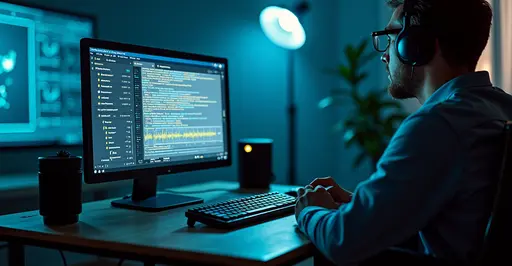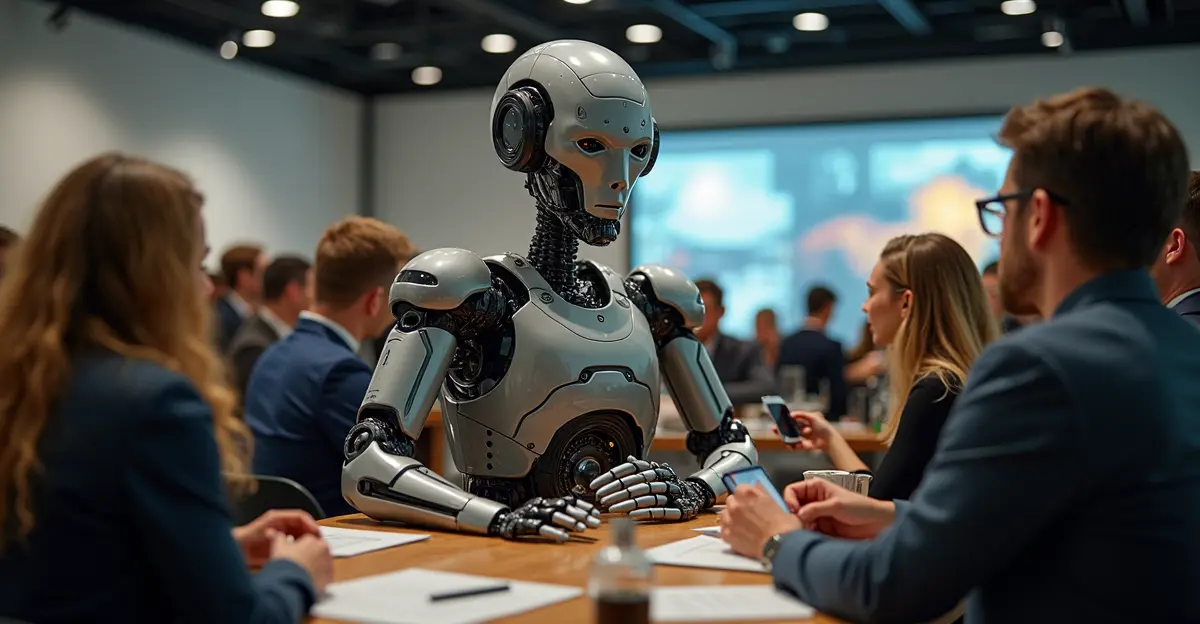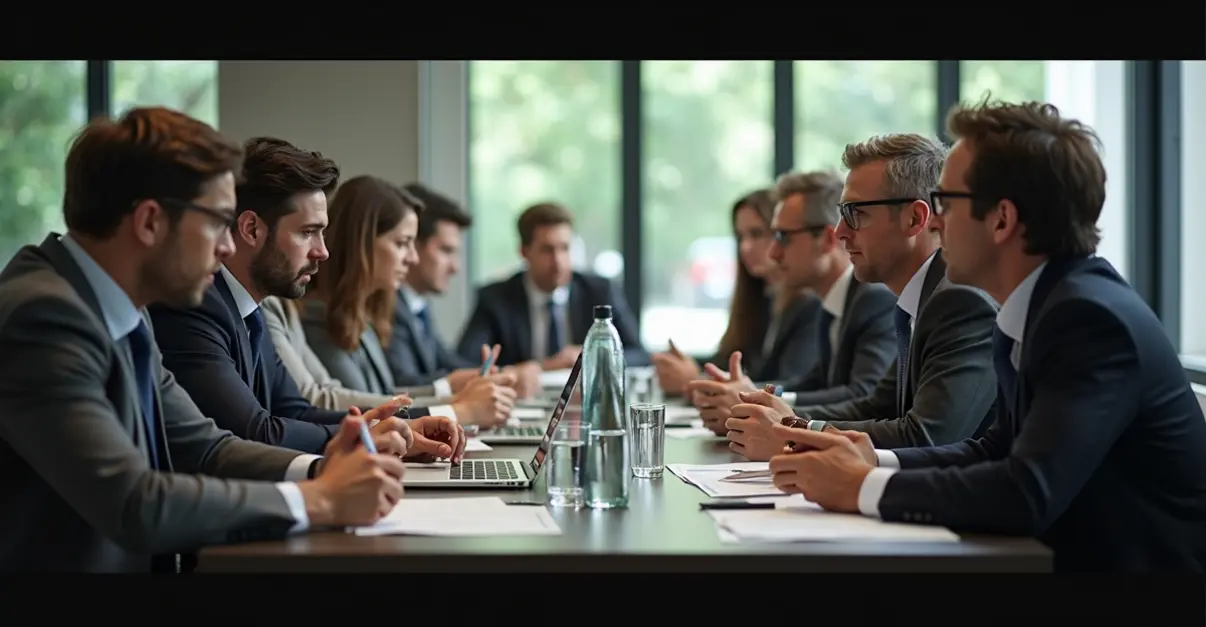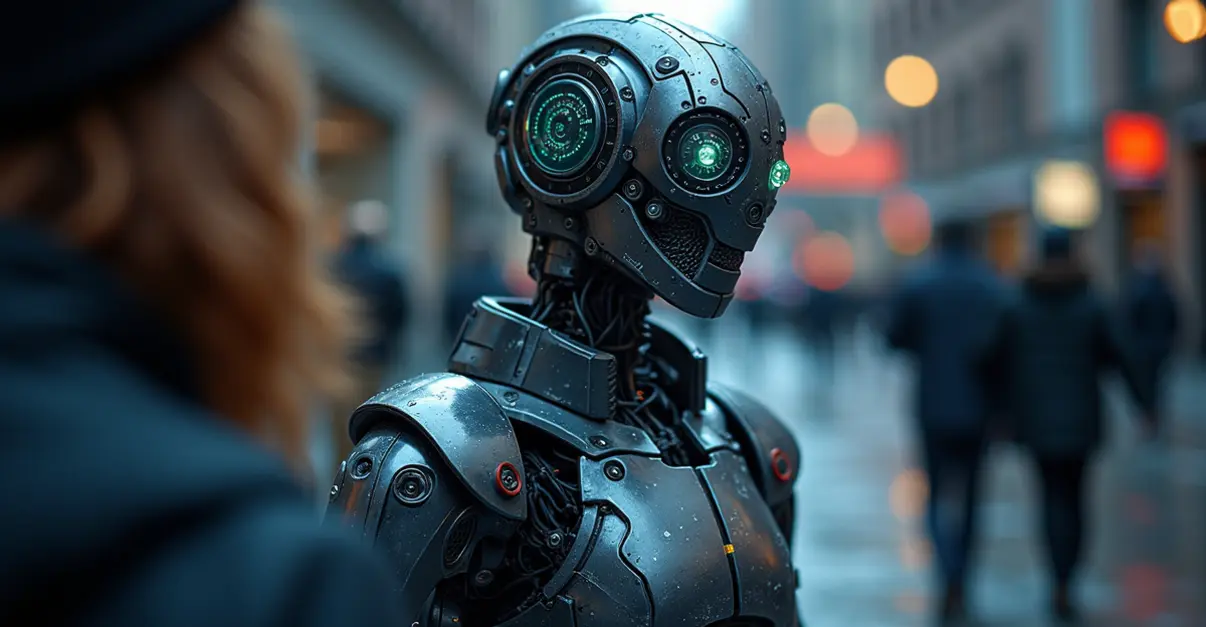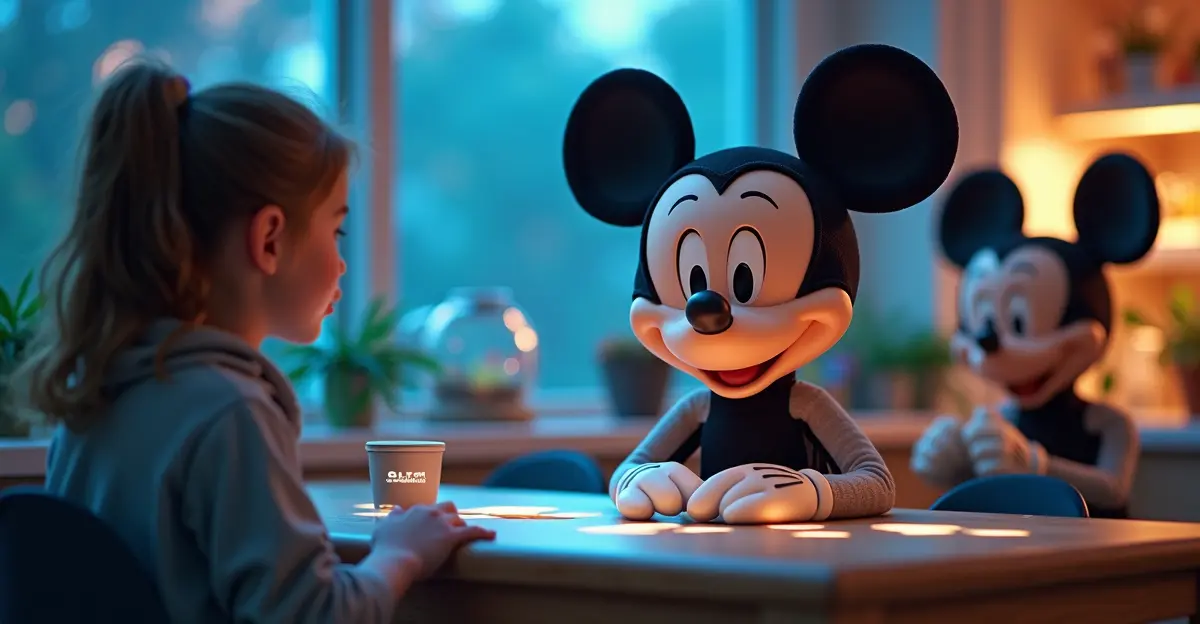German court rules OpenAI's ChatGPT violates copyright by reproducing German song lyrics without licensing. GEMA wins landmark case involving Helene Fischer's 'Atemlos' and other hits, setting precedent for AI copyright compliance.
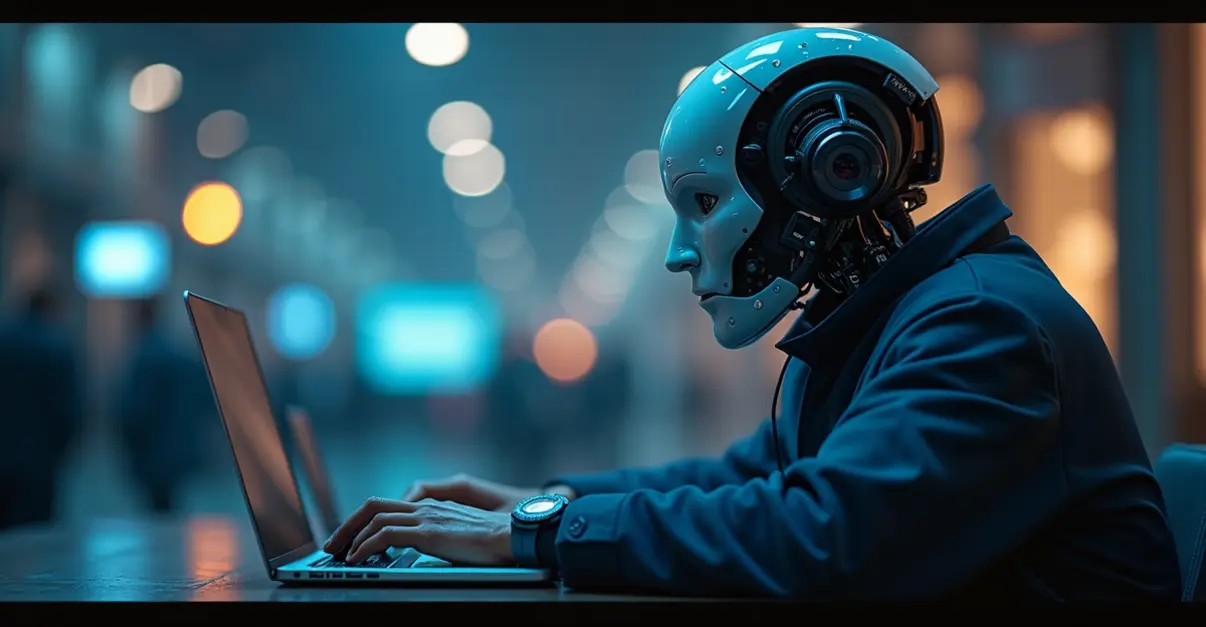
Landmark Ruling Against OpenAI in Copyright Battle
A German court has delivered a landmark ruling that could reshape how artificial intelligence companies handle copyrighted content. The Munich District Court I found that OpenAI's ChatGPT violates copyright laws by reproducing German song lyrics without proper licensing or compensation to rights holders.
The case, brought by Germany's music rights organization GEMA, specifically targeted nine popular German songs including Helene Fischer's hit Atemlos durch die Nacht and works by Herbert Grönemeyer and Reinhard Mey. The court determined that ChatGPT's ability to reproduce these lyrics in response to user queries constitutes copyright infringement.
Court Rejects OpenAI's Defense
OpenAI argued that ChatGPT doesn't store specific training data and that outputs are generated in response to user prompts rather than containing stored content. However, Judge Elke Schwager expressed astonishment at this position, stating that 'anyone using outside content must pay for it' and finding that the reproduction of complex song lyrics couldn't be coincidental.
The court rejected OpenAI's claim that it qualifies as a privileged research organization and determined that the company bears responsibility for ChatGPT's outputs. 'In those responses, the original elements of the song lyrics are always recognizable,' the court stated, concluding that OpenAI makes the lyrics 'unlawfully available.'
First Major European AI Copyright Ruling
GEMA CEO Dr. Tobias Holzmüller hailed the November 11, 2025 ruling as 'the first landmark AI ruling in Europe' and emphasized that 'the internet is not some kind of self-service buffet, and creative achievements by human beings are not simply templates for use free of charge.'
The case represents a significant victory for the music industry, which has been fighting what it calls 'large-scale theft' by AI companies. GEMA had previously offered OpenAI a licensing model specifically developed for AI tool providers in September 2024, but the company showed unwillingness to follow this or any other licensing model according to court documents.
Broader Implications for AI Industry
This ruling comes amid growing legal challenges for AI companies regarding their training data. In September 2025, AI company Anthropic reached a $1.5 billion settlement with a group of authors over similar copyright infringement claims.
The German court ordered OpenAI to cease storing and reproducing the protected lyrics, pay damages to GEMA, and provide information about usage and revenues. While the exact amount of damages wasn't disclosed, the ruling sets a precedent that could force AI developers to implement more rigorous copyright compliance measures.
OpenAI has stated it disagrees with the verdict and is examining further steps, including potential appeal. The company maintains that 'ChatGPT doesn't store specific training data' and that 'outputs are generated in response to user prompts.'
This case marks a critical moment in the ongoing debate about AI companies' use of copyrighted materials for training their models, potentially setting a legal precedent that could affect how courts worldwide handle similar copyright disputes involving artificial intelligence.

 Nederlands
Nederlands
 English
English
 Deutsch
Deutsch
 Français
Français
 Español
Español
 Português
Português





